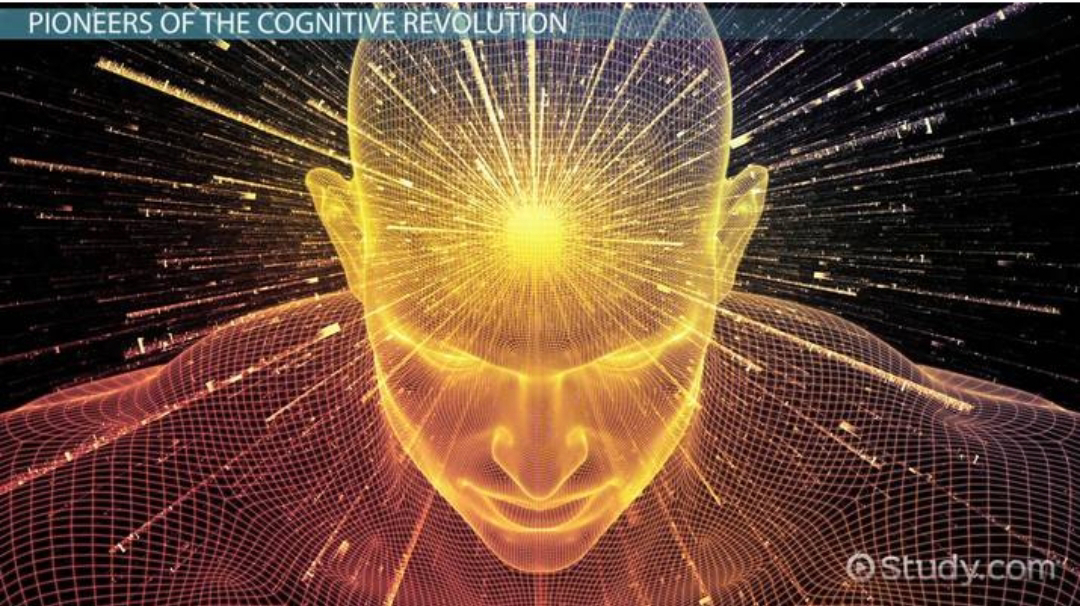Is Theoretical Biology Transiting a Cognitive Revolution?
The field of theoretical biology sits at the intersection of biology and theoretical frameworks, aiming to explain biological phenomena through mathematical models and computational simulations. Over the past few decades, theoretical biology has made significant strides in unraveling complex biological processes, from protein folding to ecological dynamics. However, a critical question lingers: is theoretical biology undergoing a cognitive revolution, fundamentally transforming our understanding of living systems?
This essay argues that while theoretical biology has witnessed significant advancements, a true cognitive revolution hinges on a deeper integration of cognitive and informational perspectives into our understanding of life.
The Rise of Complexity and Information
Traditionally, theoretical biology heavily relied on reductionist approaches, decomposing biological systems into their constituent parts and analyzing their interactions. This approach has yielded valuable insights, particularly in areas like molecular biology. However, biological systems exhibit inherent complexity that emerges from the intricate interplay of these parts. This complexity necessitates a shift towards frameworks that can capture the whole rather than just the sum of its parts.
One approach gaining traction is the concept of biological information. Information is not merely a passive blueprint but an active ingredient that shapes biological processes. The informational perspective emphasizes the role of encoded instructions within DNA, RNA, and protein structures that guide cellular machinery and development. This perspective aligns with the growing understanding of biological systems as complex adaptive systems, capable of storing, processing, and utilizing information to respond to their environment.
Furthermore, advancements in cognitive science offer valuable tools for understanding biological information processing. Concepts like feedback loops, self-organization, and distributed cognition can be applied to analyze how biological systems gather information, make decisions, and regulate their behavior. For instance, the immune system's ability to identify and eliminate pathogens can be viewed as a form of intelligent recognition, albeit implemented through a distributed network of cells rather than a centralized brain.
Towards a New Synthesis
Integrating these frameworks into theoretical biology holds the potential for a cognitive revolution. Here are some key aspects of this transformation:
Understanding biological computation: Living systems utilize unique forms of computation that are fundamentally different from human-made computers. Theoretical biology can leverage concepts from artificial intelligence and computational biology to decipher these information processing mechanisms within cells and organisms.
The role of embodiment and autonomy: Biological cognition is not disembodied but situated within the physical body and its environment. This embodied cognition allows organisms to interact with their surroundings and learn through experience. Theoretical frameworks should account for this interplay between internal information processing and external interactions.
The emergence of cognition: A key question is whether complex cognitive abilities arise from the intricate organization of simpler components or require additional principles. Theoretical biology can explore how lower-level biological processes might give rise to higher-order cognitive functions.
This cognitive revolution in theoretical biology advocates for a more holistic understanding that integrates the informational and computational aspects of life with the underlying physical and chemical processes.
Challenges and Future Directions
Despite its promise, this cognitive shift in theoretical biology faces challenges. One hurdle is the development of appropriate mathematical frameworks to capture the complex and dynamic nature of biological information processing. Additionally, integrating concepts from cognitive science requires a deeper understanding of the relationship between biological and artificial intelligence.
Future directions include:
Developing new research tools: This may involve novel computational methods, bioinformatic techniques, and artificial intelligence tools specifically designed to analyze biological information processing.
Interdisciplinary collaboration: Bridging the gap between theoretical biology, cognitive science, and computer science is crucial for achieving a deeper understanding of biological cognition.
Empirical validation: Theoretical frameworks should be rigorously tested against experimental data to ensure their explanatory power and biological relevance.
In conclusion, theoretical biology stands at a crossroads. By embracing the informational and cognitive aspects of life, the field has the potential to undergo a transformative revolution. This new synthesis promises to revolutionize our understanding of biological complexity, paving the way for advancements in areas like medicine, biotechnology, and artificial intelligence. The journey towards this cognitive revolution has only just begun, but it holds immense promise for unraveling the mysteries of life itself.



Comments
Post a Comment